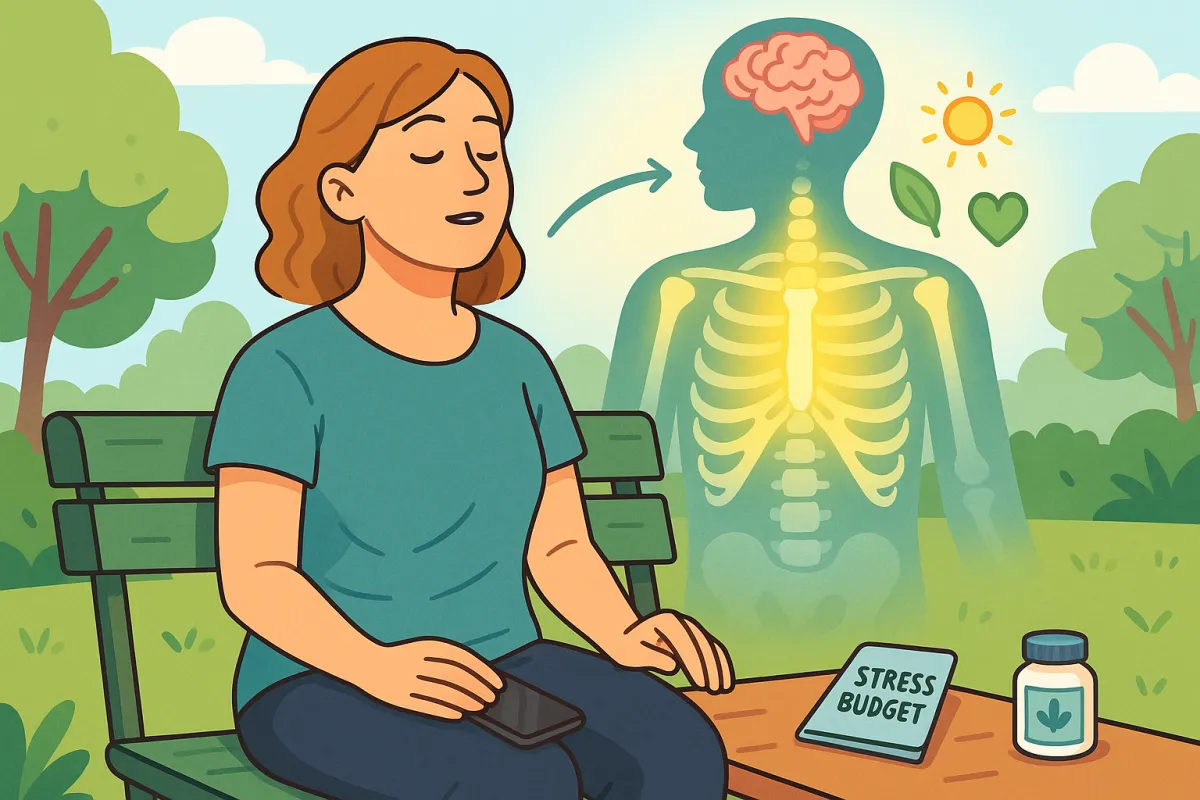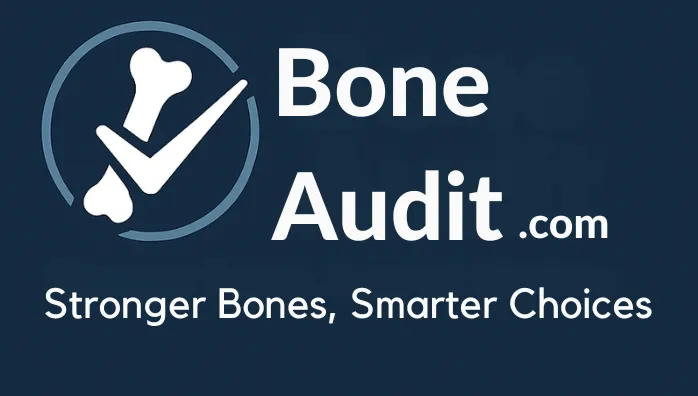
Stress and Your Bones: The Hidden Connection No One Talks About
Most people think of stress as something that affects the mind.
But what if we told you that chronic stress can silently weaken your bones — long before it shows up in a blood test or scan?
It’s one of the most overlooked — yet modifiable — factors in bone health.
🧬 The Stress–Bone Connection
When you're under stress, your body produces more cortisol — a hormone that helps in emergencies but harms your bones over time. How?
It slows down osteoblasts, the cells that build new bone
It increases bone breakdown
It disrupts hormones, sleep, and nutrient absorption — all essential for bone maintenance
🧠 The Invisible Load
Many people don’t feel “stressed” — but that doesn’t mean their nervous system isn’t overloaded.
Chronic stress can be physical (poor sleep, illness), emotional (worry, grief), or even environmental (noise, overwork). Often, it’s not just one big stressor — it’s the accumulation that does the damage.
📊 Introducing: The Stress Load Budget
Think of your stress system like a bank account.
Every stressful event — big or small — is a withdrawal. Your nervous system can only handle so many before it goes into overdraft, disrupting your hormones and bone repair.
The good news? You can make deposits too.
💡 Smart Ways to Top Up Your Stress Budget
Not all stress relief involves candles or meditation. Try these evidence-informed tools:
🔹 1. NSDR (Non-Sleep Deep Rest)
Short guided rest sessions like Yoga Nidra or breathwork help reset your brain and lower cortisol.
🔹 2. Micro-Recoveries
2–5 minute breaks throughout the day (away from screens or stimulation) help your nervous system catch its breath.
🔹 3. Morning Light & Movement
Getting outside early in the day can anchor your circadian rhythm and improve your resilience to stress.
🔹 4. Connection, Laughter, Nature
These aren't fluff — they’re nervous system nutrients. Make space for things that genuinely bring you joy or calm.
Final Thought
Stress may be invisible, but its impact on your bones is very real.
If you’ve been pushing through, “just coping,” or constantly in overdrive — this is your nudge to check in.
You don’t need to eliminate stress. You just need to give your system enough support to recover — so your bones (and your brain) can rebuild.
